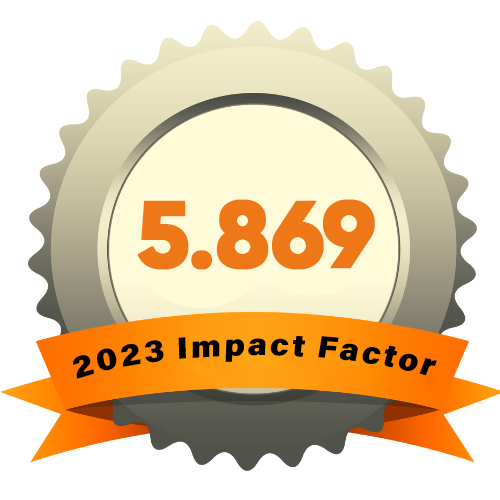THEME:EXPLORING THE PECULIARITIES OF LANGUAGE ACQUISITION IN HIGHER EDUCATION INSTITUTIONS
Abstract
Language acquisition in higher education institutions presents a dynamic and multifaceted process influenced by the diversity of learners, instructional approaches, and support services available. This article explores the peculiarities of language acquisition in higher education, focusing on the challenges and opportunities encountered by students and educators. Drawing on theoretical frameworks and empirical research, it examines the role of content-based instruction, academic and social integration, support services, and the professional development of educators in facilitating language acquisition. By recognizing the unique characteristics of language learning in higher education, educators can design inclusive and effective language acquisition programs that empower students to succeed academically and socially in an increasingly interconnected world.
References
Brown, H. Douglas. (2007). "Principles of Language Learning and Teaching."
Pearson Education.
Flowerdew, John. (2015). "Integrating language and content teaching: Some possible roles for language specialists." System, 53, 9-18.
Gass, Susan M., & Selinker, Larry. (2008). "Second Language Acquisition: An Introductory Course." Routledge.
Krashen, Stephen D. (1982). "Principles and practice in second language acquisition." Oxford: Pergamon.
Lightbown, Patsy M., & Spada, Nina. (2013). "How Languages are Learned." Oxford University Press.












